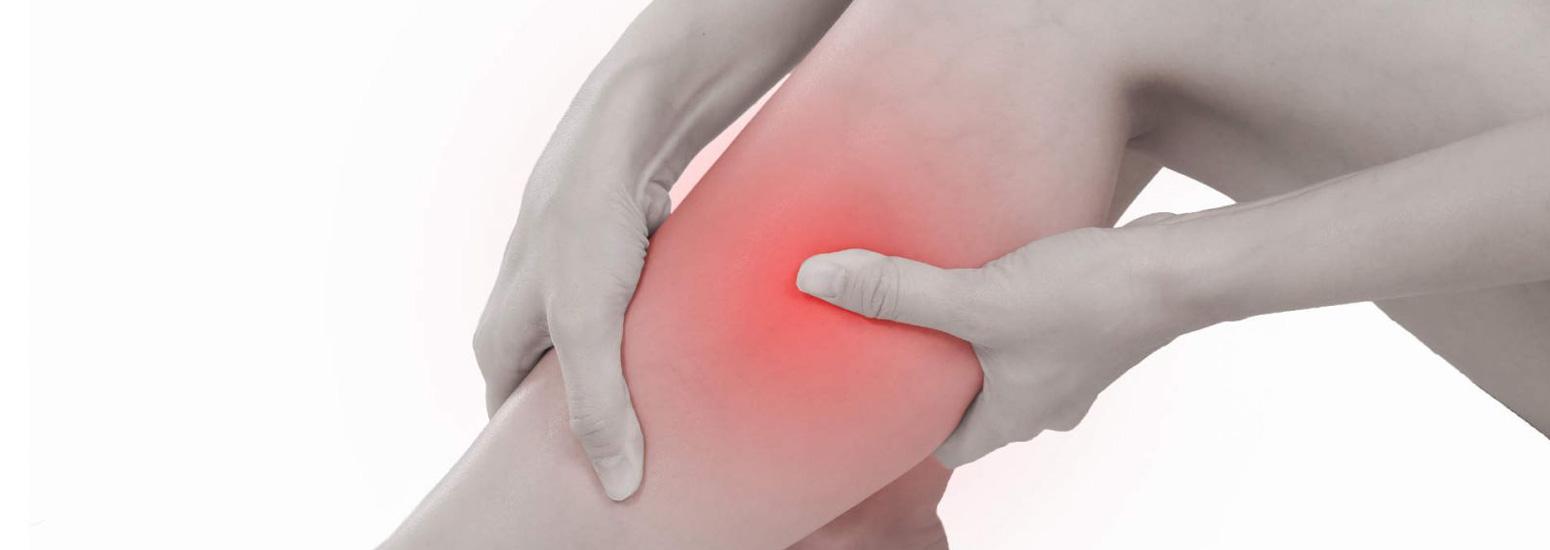
Myopathy is a skeletal muscle condition. Muscle diseases result from anomalies that alter the structure or metabolism of the muscle and can be caused by a range of factors. Some aspects are inherited, while others are developed. Inherited myopathies do have a genetic foundation and often manifest in childhood, however, symptoms can manifest in adulthood as well.
Muscular dystrophies, congenital myopathies, metabolic myopathies, and myopathies linked to channelopathies are all forms of inherited muscle disorders. Inflammatory myopathies and toxic myopathies are two types of acquired muscle disorders.
Thyroid problems, lupus, rheumatoid arthritis, Sjogren’s syndrome, sarcoidosis, amyloidosis, and other serious illnesses can all cause myopathies.
Myopathy Symptoms
You may notice weakness if you have a muscular disorder, most frequently in your thighs and upper arms. Climbing stairs, rising from a chair, or raising your arms up might become challenging. Cramping, stiffness, and pain are all possible side effects. Certain myopathies affect the muscles of the hands and feet, as well as the face and also eye muscles. The condition might impact the heart and breathing muscles in some circumstances.
Myopathy Causes
Inflammatory myopathies develop whenever the immune system of the body induces inflammation in the muscle. Medication or environmental pollutants can cause inflammation. Viruses, bacteria, and parasites can all cause infectious myopathies. Systemic ailments, such as connective tissue disorders and endocrinopathies, can also impact muscles.
Myopathy Treatments
The fundamental cause of myopathies governs its treatment. Myopathy treatment attempts to slow the progression of the illness and alleviate symptoms.
Treatment procedures for muscular dystrophies and inflammatory myopathies range from pharmaceutical therapy to avoiding conditions that place the muscles under extra stress, like in the scenario of metabolic myopathies. Several experts recommend myopathy patients lose weight (a lighter body demands less muscle effort) to avoid overstressing the muscles.
When breathing difficulties emerge, an incentive spirometer can help some individuals restore their respiratory function. Sadly, there is no way to strengthen the muscles that regulate breathing
Dr. Amol Mahajani
Special interest in treating headache(migraine) vertigo,stroke, epilepsy, and other neurological disorder Attached to Sancheti, Joshi,Ratna,Sanjeevan hospitals in Pune Attends satellite OPD every Saturday at Narayangaon at Varadi Medical.

